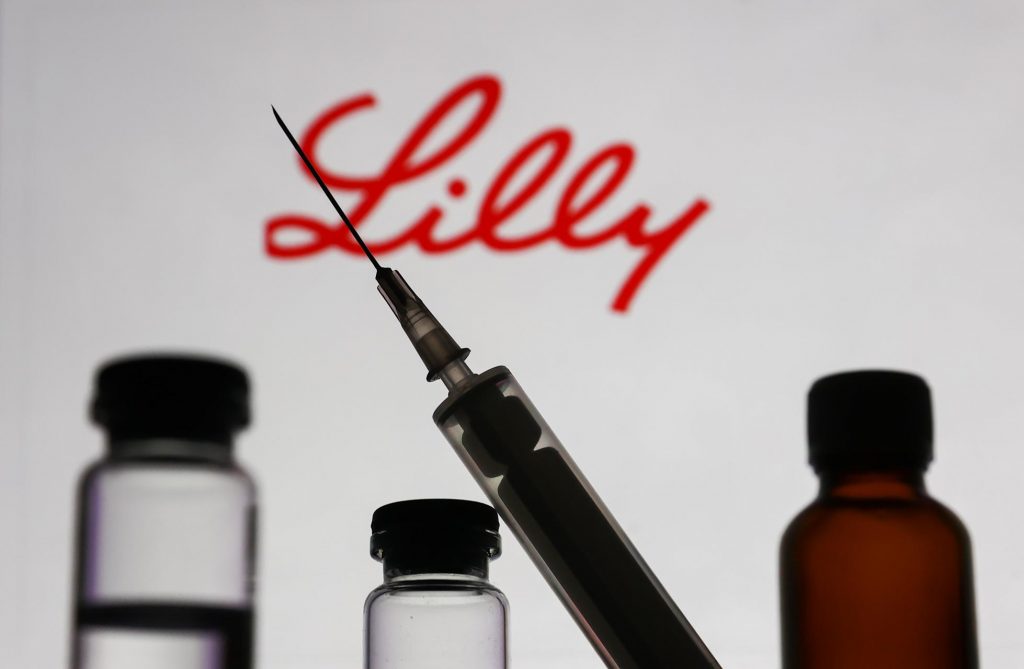InnovationRx is your weekly digest of healthcare news. To get it in your inbox, subscribe here.
When ChatGPT, OpenAI’s viral chatbot was released late last year, some doctors started experimenting with it as a tool to speed up burdensome administrative tasks. For example, it could quickly generate appeal letters to insurance companies disputing why a patient needed a specific medication or diagnostic procedure – even though they might need some editing. But when a doctor wants to send that letter back to the insurer, they are most likely going to need to fax it. That exchange encapsulates the challenge facing companies hoping to build time-saving AI back-office tools for a healthcare system stuck in the 1960s.
Doximity, the San Francisco-based social networking platform for healthcare professionals, is meeting the healthcare system where it is. The company’s new workflow tool DocsGPT, a chatbot that helps doctors write a wide range of letters and certificates, is connected to its online faxing tool. But other companies, like conversational AI startup Infinitus Systems, envision a future where robots do the talking for tasks like verifying insurance benefits or prior authorization. The first step is a robot talking to a human on the other side of the phone but eventually it becomes robots talking to robots through APIs.
Eli Lilly Slashes Insulin Prices Up To 70% And Caps Out-Of-Pocket Costs To $35
Pharmaceutical giant Eli Lilly announced Wednesday that it’s reducing prices of its most commonly prescribed insulin products by 70% and capping out-of-pocket costs for patients to $35 per month. The company has taken heat in recent years over the pricing of the life-saving drug for diabetics and the move follows action by Congress to reduce the cost of insulin for Medicare patients in the Inflation Reduction Act.
Deals Of The Week
Medical Coding: CodaMetrix, an AI startup building software for hospitals to automate medical coding and billing, has raised a $55 million Series A round led by SignalFire.
Cell Therapy: Biotech startup Thymmune Therapeutics has raised $7 million led by Pillar VC. It is focused on treating people who have deficiency issues with their thymus, an organ that creates white blood cells for the immune system.
Epigenetics: Genomic medicine startup Chroma Medicine announced it raised a $135 million series B led by GV to support the development of its epigenetic editing platform.
Next-Gen Psychoactive Drugs: Transcend Therapeutics, cofounded by Forbes 30 Under 30 alumnus Blake Mandell, announced it raised a $40 million series A to develop its next-generation psychoactive drug candidates.
Noteworthy
New research estimates cancer will cost the U.S. $5.3 trillion and the global economy $25 trillion from 2020 to 2050.
YouTube and Harvard Medical School have teamed up to offer continuing education credits for doctors.
Medicare Advantage insurer Alignment Healthcare reported $57 million in losses in the fourth quarter, but its losses are narrowing as membership grows. The company projected it will hit 100,000 members in 2023.
Humana is phasing out its employer group health insurance plans to focus on its Medicare and Medicaid business.
A lawsuit in the Netherlands against AbbVie, which manufactures the blockbuster drug Humira, is asking the court to rule on what constitutes a “fair” profit – the plaintiff group is suggesting 25%. AbbVie says it acts in accordance with all Dutch laws and regulations.
Coronavirus Updates
On Sunday, the Wall Street Journal reported that the Department of Energy had developed a “low confidence” conclusion that the origin of the Covid-19 pandemic was the Wuhan National Biosafety Laboratory. This conclusion was echoed by FBI director Christopher Wray yesterday. These claims are at odds with most of the federal government’s scientific agencies–both the CDC and National Institute of Allergies and Infectious Disease, for example, have stated that Covid is most likely of a natural origin, spilling over from animals to humans as is the case for most other known coronaviruses that infect humans.
Virologists and epidemiologists who study SARS-CoV-2 have mostly said that the evidence suggests that Covid emerged naturally from the food markets in Wuhan China. This was the conclusion of a World Health Organization report in 2021. Then a few months ago, researchers published two key studies in Science showing the natural emergence of Covid. The first one linked the first known cases of Covid to the Huanan Seafood Wholesale market. The second one was able to track down two different variants of the coronavirus that causes Covid to the early spread of the pandemic. Each variant was first discovered in a different person, both of whom visited the market and then spread it to their communities, with the spread separated by a couple of days.
“The pandemic began via at least 2 zoonotic spillovers from animals sold at the Huanan market. Not a lab, not a cave, not a dentist’s office,” Dr. Angela Rasmussen, one of the authors of the two studies, tweeted last summer. “This is not our opinion. This is original evidence-based research that withstood a tough peer review.”
Long Covid Linked To Heart Problems: Here Are The Symptoms – And Who’s At Risk
A new study found a link between long Covid and an increased risk of developing heart issues, but experts believe vaccines are the best tool to protect against long Covid.
Other Coronavirus News
In a new study, researchers found that women who had a healthy lifestyle before a Covid-19 infection had a substantially lower risk of long Covid.
Across Forbes
Waymo’s L.A. Robotaxi Fleet Is Going Fully Driverless
No Pilot, No Problem? Here’s How Soon Self-Flying Planes Will Take Off
What Else We are Reading
A condition called POTS rose after covid, but patients can’t find care (Washington Post)
How to stop the bird flu outbreak becoming a pandemic (Nature)
Your Brain Could Be Controlling How Sick You Get—And How You Recover (Scientific American)

